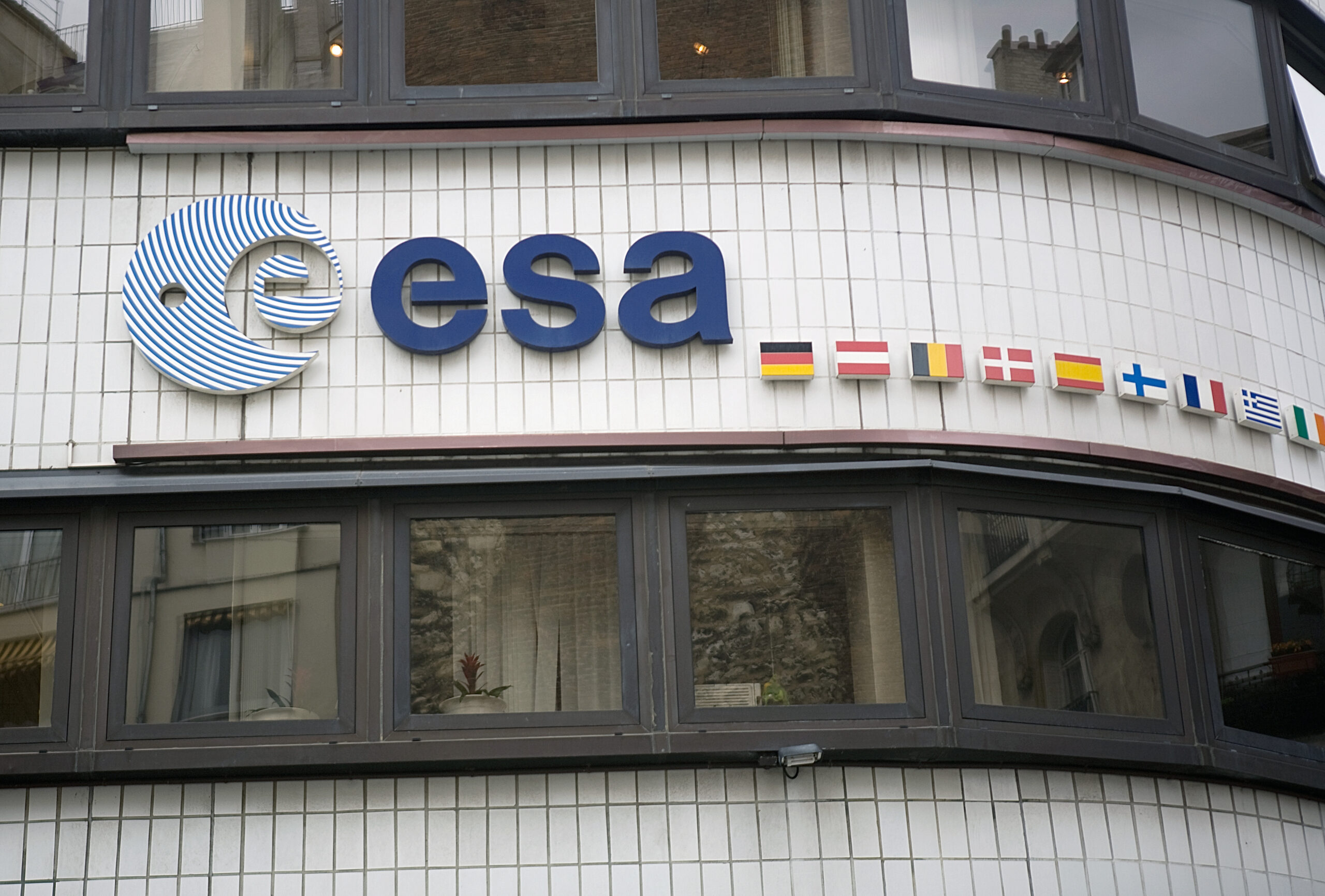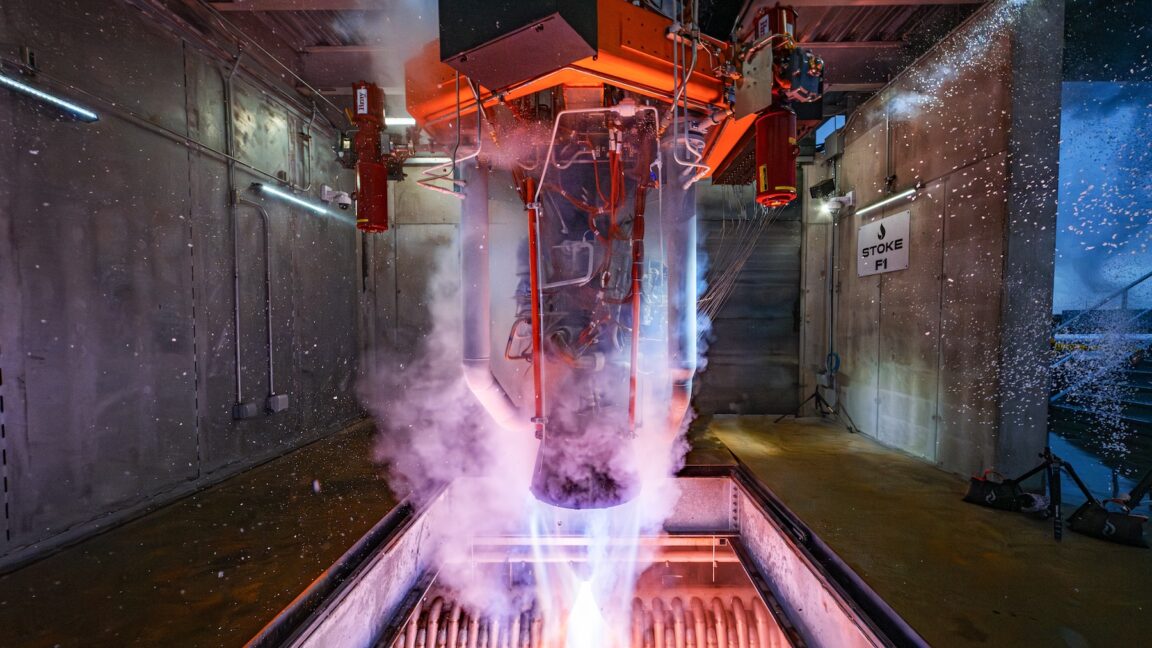ESA workers face a maze of non-compete clauses and service contracts

A system of non-competition clauses enforced by the European Space Agency’s (ESA) workforce suppliers is allegedly trapping aerospace professionals who work at ESA’s facilities across Europe in a professional dead-end street. Their contracts prevent job mobility and the possibility to earn better pay, a large number of contractors have alleged to Ars Technica. And as nations that host ESA facilities have enacted laws that give some contractors greater rights, the ESA itself has adopted a policy that will shift more of its indirect employees to service positions, which would not be protected by these laws. When asked about these issues, an ESA spokesperson said there are “employment conditions in which ESA is not to interfere” and that non-competition clauses “remain within the remit of the employer and the employee.” The European Space Agency, Europe’s version of NASA, is an intergovernmental organization comprising 22 member states. With facilities in six European countries, the agency relies on contractors—scientists, engineers, and admin workers—hired through payroll companies. These contractors, who work alongside ESA’s staff on the agency’s space projects, constitute over half of the agency’s workforce, according to available estimates. Many of these professionals relocate from across Europe and beyond to work at one of the ESA centers, drawn by the opportunity to participate in Europe’s most ambitious space exploration endeavors. But as interviews with tens of contractors make clear, some feel the companies’ non-compete clauses block their professional growth and stifle competition in the job market. While contractors and non-competes have been common in tech employment, the distinct features of ESA—including its above-the-law status and a culture that exposes over a third of its workers to harassment—makes them especially problematic.









